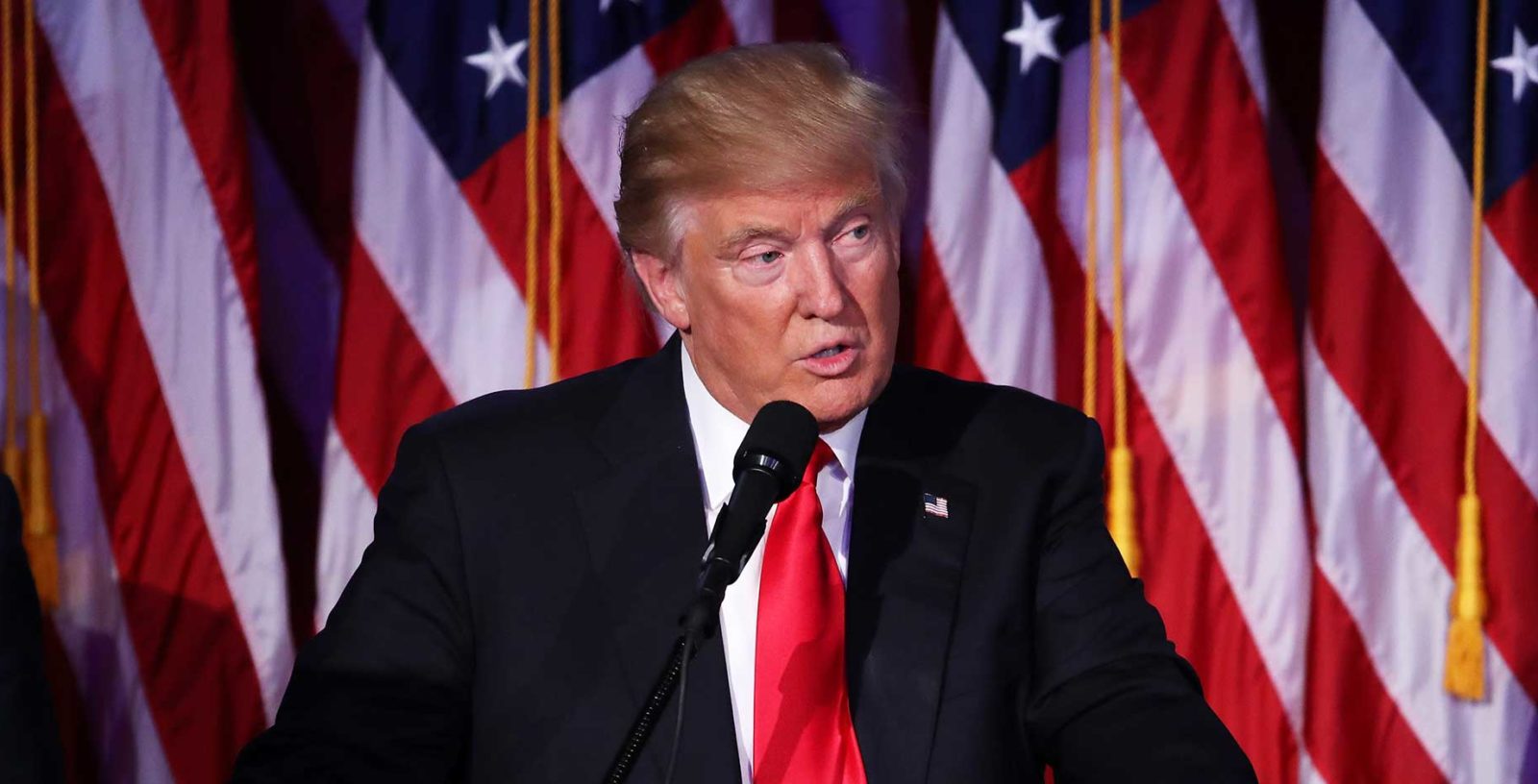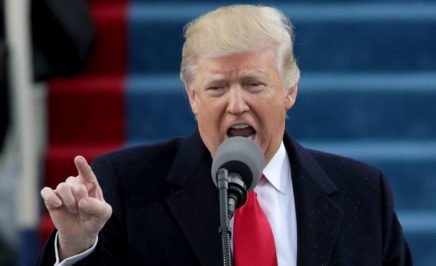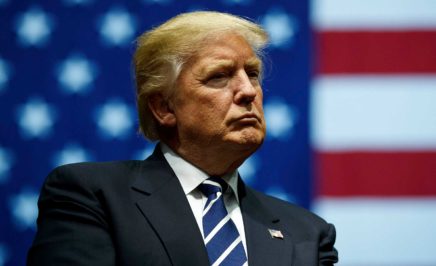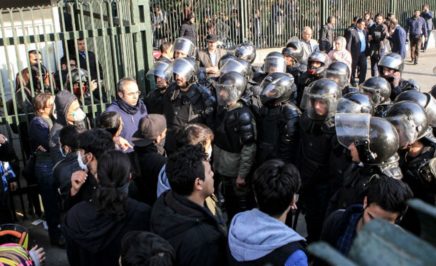By Salil Shetty, Amnesty International’s Secretary General
That which unites us is always greater than that which divides us. Yet, around the world, the forces of division seem to be gathering momentum. Walls rising up along borders, hatred and fear welling up within and between populations, repressive laws assailing basic freedoms.
The US election results, the latest development in this deeply troubling trend, caused global shockwaves. After campaigning with a constant refrain of misogyny and xenophobia, Donald J. Trump will be the next US President. Since the election, the world has been coming to terms with this fact, though its implications have yet to be fathomed fully.
For human rights activists in particular, who already find themselves embattled and “undesirable” in many countries, it raises the stakes immensely that the President-elect of one of the world’s most powerful nations put forward a political platform that championed hate, threatening to disavow many basic human rights protections.
It also drives home the message that the global human rights movement needs to seek common ground with those who feel so disenfranchised that they find political expression by lashing out against others – often the most vulnerable – in their communities and countries.
Many of their fears and concerns have valid roots and leaders can help to allay those concerns by responding with policies that ensure human rights, equality and dignity for all, rather than seeking to divide.
Watched with horror by many around the world, the Trump campaign was framed as “people vs. establishment”, but it became an echo chamber for a society’s fear and anger.
The world has been there many times before. We have seen how divisive rhetoric leads down an ugly road – dissenting voices are criminalized and those who are disadvantaged bear the brunt of vicious harassment, discrimination and violence.
“Watched with horror by many around the world, the Trump campaign was framed as ‘people vs. establishment’, but it became an echo chamber for a society’s fear and anger”
President Obama’s rhetoric often soared way above the reality of his policymaking, and masked continuing and sometimes worsening human rights violations by the USA, both home and abroad. They included increasing the arms sale to Saudi Arabia, despite evidence that such arms have been used to commit gross and systematic human rights violations in Yemen, and an expansion of the CIA’s almost totally unaccountable campaign of drone strikes.
We do not yet know how President-elect Trump’s own brand of international relations will affect the already precarious situation of human rights globally, but, if his poisonous rhetoric in the campaign translates into policy, the implications will be grave and far-reaching.
Trump’s triumph will undoubtedly embolden leaders around the world who rely on fear-mongering, whether they are already in power or running for office.
Counter-terrorism and national security
On counter-terrorism and national security, Trump’s rhetoric has been very dangerous. If his campaign promises are anything to go by, his administration seems likely to weaken the US stance on established norms, such as the prohibition on torture. Meanwhile it threatens to continue or expand current overreaches, such as the sprawling, illegal mass surveillance programmes which came to light under the Obama administration.
If Trump’s policy choices match his sexist statements, it will be terrible news for women’s rights, and the xenophobia and racism he has espoused portend very badly for the treatment of migrants and minorities. We can expect a rollback on refugee resettlement into the USA, increasing the pressure on poor countries who already host the overwhelming majority of the world’s refugees.
“Trump’s triumph will undoubtedly embolden leaders around the world who rely on fear-mongering, whether they are already in power or running for office”
His anti-Muslim rhetoric risks emboldening hatemongers and fuelling attacks and discrimination, both in the USA and beyond. This could have a deeply damaging ripple effect on members of many religious minorities. It could also serve as a recruitment tool for armed groups that exploit such divisions for their own purposes.
And a likely US retreat from the global human rights system could further weaken crucial international safeguards that also protect people in the USA.
It is a bleak outlook
But the future does not have to be like this. In our work around the world, we have seen how even people facing great adversity can come together, dialogue, and mobilise to bring about positive change rooted in human rights.
“Fear and hate do not have to win the day – they can be a catalyst for change. And it is heartening that the majority of people in the USA and around the world support equality, dignity, freedom for all people”
Fear and hate do not have to win the day – they can be a catalyst for change. And it is heartening that the majority of people in the USA and around the world support equality, dignity, freedom for all people – the core values underpinning human rights. Those values are far too precious to discard; their protection far too fragile to take for granted.
Stopping hate and fear in their tracks will not be easy. But the guiding principles of conscience and human rights have proven to be powerful motivators in the past. As the great civil rights leader, the Rev. Martin Luther King, Jr., said: “The arc of the moral universe is long, but it bends towards justice.”
Thanks to the determined struggle of human rights activism through the decades has made leaps forward, often in the face of great adversity. We need to keep up the fight. For those of us who care deeply about freedom and human rights, seeking common ground that heals the divisions is now the defining challenge of our time.









